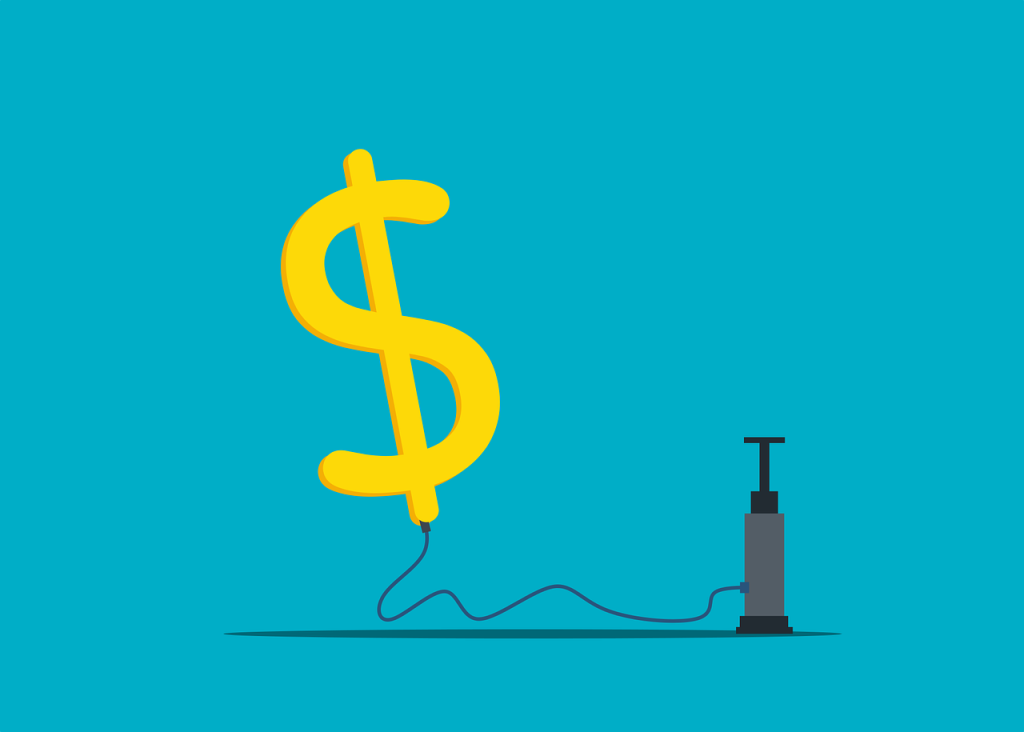
I have a couple of rants: Inflation and Recession. Maybe it’s one rant. I’m not sure yet but I think there’s something in it for the reader. I’m not an economist but I do notice that a pack of spaghetti noodles now costs about $4.00 and formerly well-staffed companies are laying off people. These two things alone scare some people.
In case anyone is curious, I still bought the noodles. I buy the gasoline for 5 bucks a gallon. I still buy the stuff I have to buy. I’m lucky that way so, at this point, we do need to be mindful that there are people having to decide between noodles, gas, driving, and eating.
Urgency surrounds buying choices. Urgency has a sliding scale depending on the size of the pocketbook. The urgency to replace an old car might not even register when inflation affects how much noodles cost. I also shouldn’t forget that it’s a lot more expensive to borrow money than in recent times which also affects buying choices.
So how does this affect salespeople and selling? Not one stinkin’ bit. Yep, I said that. Selling at higher prices is likely something salespeople, especially in contract and custom manufacturing are not used to. Salespeople are acclimated to downward pressure on pricing and have, for a long time, been trying to sell stuff more cheaply. Now prices are higher for several reasons that an economist or upper management can articulate better than I can. In this regard, however, it’s a level playing field against the competition because their prices are higher too.
How about a recession? Is it real? It depends on who you talk to. The COVID crisis has been a good example. Some companies, either voluntarily or involuntarily, shut down or temporarily halted operations. Others have never had bigger gains and continue to break sales records month after month. While it’s easy to isolate the differences to specific industries, with a few exceptions, I’ve seen huge differences in sales performance within the same and similar industries.
So what’s the difference? It’s the salespeople and sales teams. Great salespeople and sales teams succeed in any and every economy. Within an industry, salespeople at Company A do well and salespeople at Company X do not when the economy and marketplace are the same for both companies. Inside Company A, some salespeople are performers and some are not. Under the same conditions.
So again, what’s the difference? It’s buying urgency and the salesperson’s ability to create it. Anyone who’s stayed with the article to this point likely offers a product or service that would be really nice for the target marketplace to have. But is it a product or service that the marketplace absolutely cannot do without under any economic circumstances and can the salesperson help get a buyer to articulate this? All this I’ve written is to ask that question.
Nice To Have vs. Can’t Do Without. First, ask this question about what buyers say at the time they choose to buy or not to buy. If the client is not expressing in absolute terms why they cannot do without your product or service, inflation will be inflated, a recession will be more recessive, and whether or not sales happen will always be linked to external factors no matter how great or terrible the world reports them to be.
If any or all of this article describes you, our PIA MidAmerica partner, Dave Mantel is a subject matter expert in the areas of Sales Improvement, Sales Talent Acquisition, and the CEO of Acme Sales Development, LLC. Dave can be reached at 425-517-0099 or by email at dave@acmesalesdev.com
